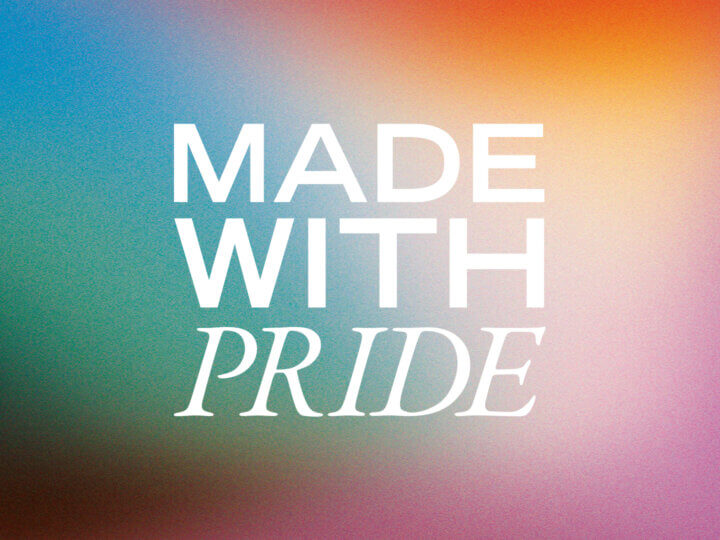Youth's Lives Every Day
Author’s Note: My story is rooted in my experience as a Cantonese American cis queer male immigrant from Texas. Raised in a conservative, religious household, my narrative is but one perspective of the Asian American Pacific Islander (AAPI) community. Our collective story is far from monolithic; it is as diverse and vibrant as the myriad cultures it encompasses.
As we celebrate AAPI Heritage Month, I reflect on the unique ways love is expressed within my Asian American family. My journey as a queer Cantonese American has been shaped by the indirect ways my family shows affection — often without grand gestures or outspoken affirmations.
Growing up, I rarely experienced direct expressions of love in my household. Instead, my parents showed their love through subtle acts that might go unnoticed. My parents’ concerns for my well-being were often masked by practical questions: “Is your car okay?” “Have you eaten yet?” “Do you have enough money?” These questions, though seemingly about practical matters, are really their way of asking, “Are you okay?” This is their way of communicating their love in a very indirect way.
One of the most prominent ways of showing love in many Asian American households is by cutting fruit — oranges, apples, pears — and placing them in front of you, even after a day filled with disagreements. This act symbolizes nurturing and care — no words necessary. It’s a reminder that even in silence, the love and bonds within a family persist.
Despite the underlying love in my family dynamics, there is tension regarding my relationship with my boyfriend. My parents have not met him due to their hesitations about fully accepting my queerness. Yet, there have been fleeting moments that hint at a gradual acceptance. Once, while helping my mom prepare dinner, I was washing turnips when I noticed some of the cores were rotten. I asked her whether to throw them out or just cut around the bad sections. She replied, “If the core is rotten, then the whole turnip is bad,” adding that she hoped the person I am with has a good core. I was struck by her use of “person” instead of a gendered pronoun — it was a subtle yet significant sign of her trying to come to terms with my relationship. At times, I wish my parents’ love could be more overt and affirming of my sexuality and my relationship. However, I hold onto hope for greater understanding between us, believing that our love still exists, even if my parents currently struggle to accept my identity.
My experience reflects the broader Asian American experience — where many of us balance dual cultural identities, navigating the expectations of our heritage and the realities of our authentic selves. This balancing act is particularly true for LGBTQ+ young people in Asian American communities, where conversations about sexual orientation and gender identity can often be more complicated and filled with cultural or language barriers. There are many nights at the dinner table where I struggle to explain myself or express my feelings, emotions, and thoughts as much is lost in translation. This is why indirect manners of showing love, while rooted in care, can sometimes deepen the feelings of distance or misunderstanding, especially when they intersect with significant parts of our identities that are not fully embraced or understood.
For AAPI Heritage Month, I wanted to share how my ethnicity has shaped my understanding of diverse expressions of love within different communities, especially the LGBTQ+ community. The Trevor Project recognizes and honors these unique cultural expressions of love and support, ensuring that all young people feel seen and valued in their specific contexts. We are committed to offering resources and support to those navigating the complexities of cultural and sexual identity. Let us continue our advocacy and support for LGBTQ+ young people by embracing the diverse ways love is expressed in our communities.
Joseph Kwan is a Marketing Strategist at The Trevor Project, the leading suicide prevention and mental health organization for lesbian, gay, bisexual, transgender, queer & questioning (LGBTQ+) young people. If you or someone you know is feeling hopeless or suicidal, our trained crisis counselors are available 24/7 at 1-866-488-7386 via chat www.TheTrevorProject.org/Get-Help, or by texting START to 678-678.


